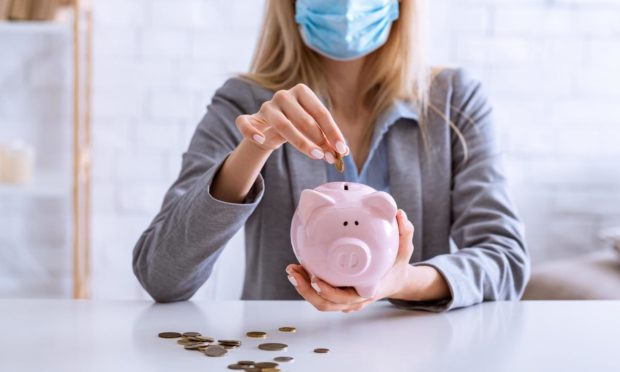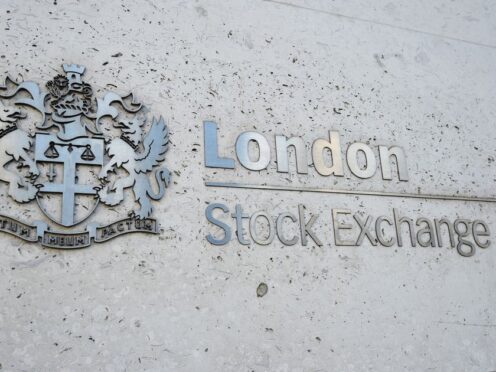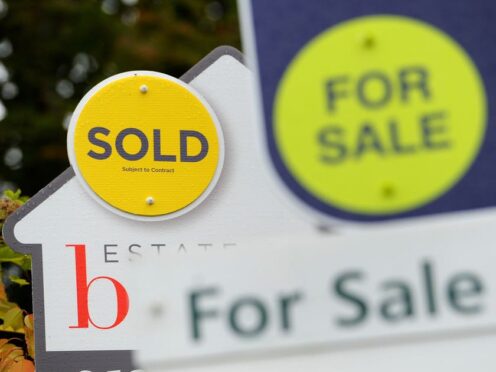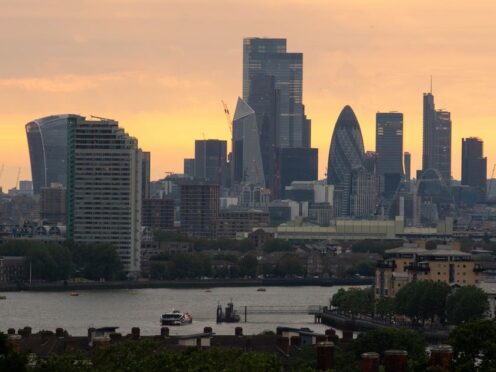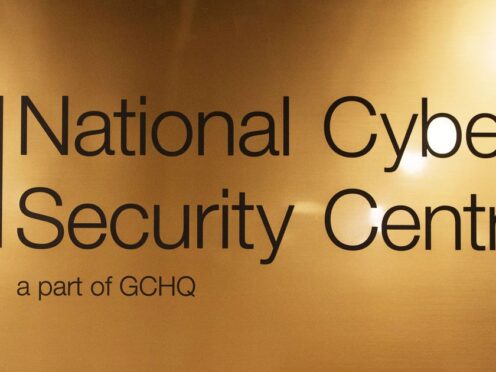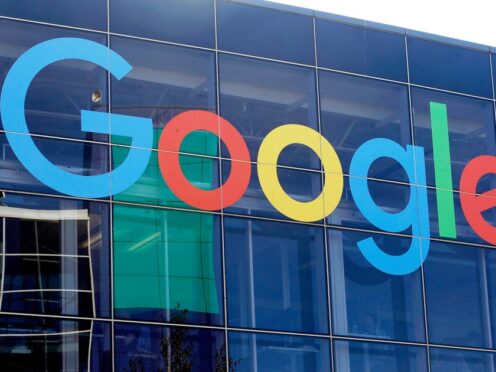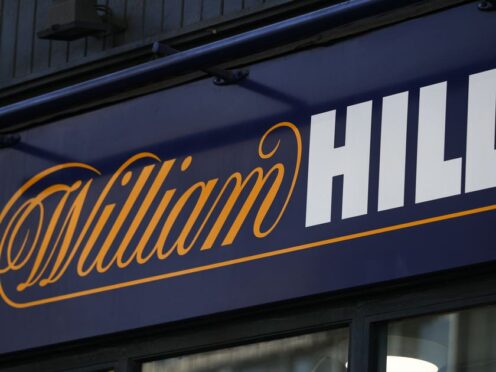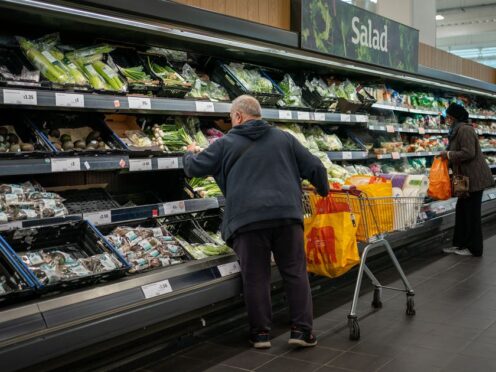Nearly half of UK investors have become more risk-averse since the start of the Covid-19 pandemic, new research from FJP Investment has revealed.
The investment firm commissioned an independent survey among 735 UK savers, all with portfolios worth in excess of £20,000 – exluding any primary property, savings, pensions or self-invested personal pensions.
It found 44% have become more risk-averse in their financial decision-making since March 2020, while 42% have paused on making major investments until the pandemic has passed.
Property continues to be perceived as a safe asset in the eyes of investors.”
Jamie Johnson, chief executive, FJP Investment
When it comes to investor appetite for new opportunities, the research revealed Brexit has amplified attitudes of caution among UK investors, with two in five (40%) saying they had become warier of making new investments.
FJP Investment’s research also found 39% gravitating towards more traditional asset classes, such as property.
Scottish gold miner delivers better news from the hills of Argyll
Woodford interviewed by investigators probing fund collapse
Be careful you don’t fall victim to a cryptocurrency scam
And a majority (56%) now prefer to leave their money in a savings account, despite record-low interest rates.
Two in five (40%) UK investors plan to become far more active in their investments once “freedom day” arrives.
Some 13% of investors plan to invest in Bitcoin or other cryptocurrencies in the coming year, with this rising to 32% among those aged between 18 and 34.
‘Prevailing sentiment of risk aversion’
FJP Investment chief executive Jamie Johnson said: “In the midst of the pandemic, it is clear that a prevailing sentiment of risk aversion has set in among investors, which has only been exacerbated by further uncertainty in the build-up to and fallout from Brexit.
“Combined, these factors have led to a state of inertia, with investors holding fire on making any major financial decisions – indeed, many are more comfortable leaving money in savings at present, despite record-low interest rates.
“Property continues to be perceived as a safe asset in the eyes of investors, with the market emerging from the pandemic in remarkably buoyant form, further highlighting its resilience as an investment asset.”
